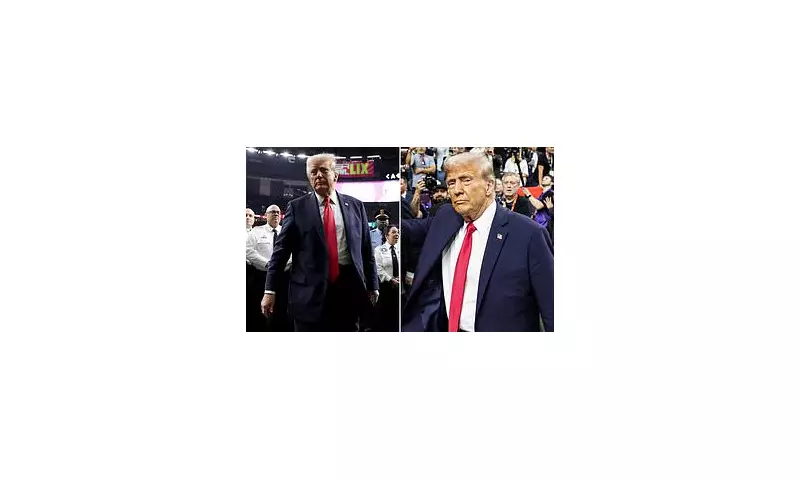
An explosive investigation has laid bare the monumental cost to American taxpayers for providing security for former President Donald Trump at Super Bowl LIV in Miami, a figure that has ignited a fierce debate over public expenditure.
The colossal security operation, spearheaded by the US Secret Service, required a level of preparation and manpower typically reserved for major international summits, not sporting events. The bill, which ultimately falls on the public purse, covers a vast array of expenses from overtime pay for agents to advanced surveillance equipment and logistical support.
The Anatomy of a Multi-Million Pound Security Operation
The presence of a sitting president at any major public event automatically triggers an unprecedented security protocol. For the 2020 Super Bowl, this meant:
- Massive Overtime Costs: Hundreds of Secret Service agents and supporting law enforcement personnel were required to work extensive overtime, significantly driving up the total cost.
- Advanced Technology: The deployment of sophisticated communication jammers, sniper teams, and surveillance systems to create a secure perimeter around the Hard Rock Stadium.
- Transportation and Logistics: Securing the motorcade route and organising secure transport for the President added another complex and expensive layer to the operation.
A Controversial Legacy of Expenditure
This revelation feeds into a wider, ongoing controversy surrounding the costs associated with protecting former President Trump, particularly during his travels to his private properties. Critics argue that such expenditures highlight a reckless use of public funds for personal leisure.
Proponents, however, maintain that the security provided to a sitting president, regardless of location or occasion, is a non-negotiable necessity for national security. They emphasise that the protocols followed were standard for any modern head of state.
The disclosure ensures that the debate over who should bear the financial responsibility for protecting public figures during non-official events will continue to be a contentious issue in American politics.





